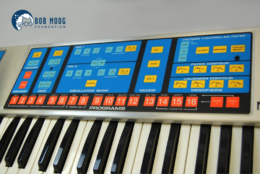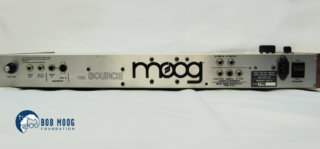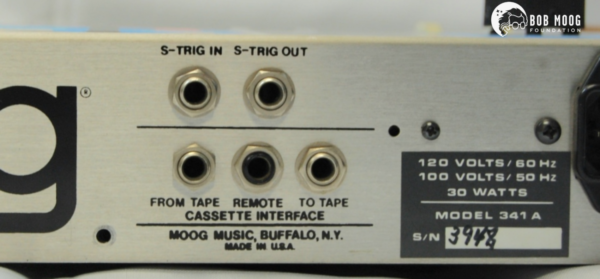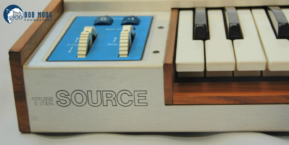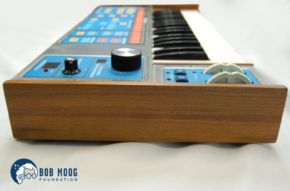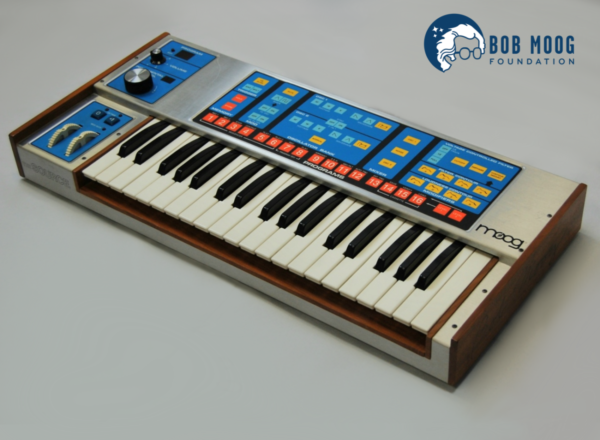Audacity now gets Free AI Plugins for Music Generation and Stem Separation ‘This is just a first step’
Audacity recently received a new plugin suite powered by Intel’s OpenVINO AI toolkit. Intel-powered OpenVINO processors are designed to “offer capabilities that were previously unavailable or just really difficult to achieve”
This free and open-source software offers stem separation, transcription, and generating new music from a text prompt or an existing audio track.
First up, we have Music Generation and Music Style remix, both of which use the Stable Diffusion AI model – specifically in its Riffusion guise – to create either new music from a prompt, or existing music.
Music Separation does what it says: breaks a song up into either vocal or instrumental parts, or into vocal, drums, bass and a combined ‘anything else’ part.
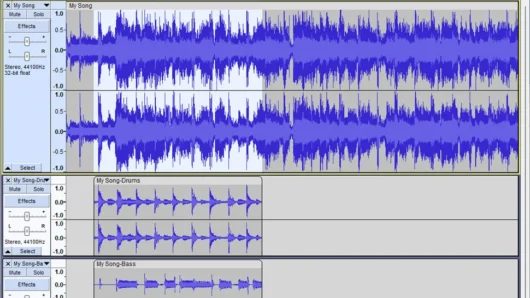
Stem Separation is a feature that is becoming more and more commonplace; not only does it form the basis of a number of desktop and browser-based applications, but it’s also being included in an increasing number of DAWs and other music production packages.
In addition, Audacity gets Noise Suppression, which is designed to remove background noise from an audio file, and Whisper Transcription, a tool for transcribing spoken word audio or vocal recordings.
“We decided to add AI features to Audacity so that we could offer capabilities that were previously unavailable or just really difficult to achieve,” says Audacity Product Manager Martin Keary in a video posted by Intel Business. He also confirms that “the plugins run locally on your PC rather than from a server, addressing privacy concerns.”
According to Keary, there could be more to come, too: “This is just a first step,” he says. “We hope to continue partnering with Intel to develop all kinds of new AI tools in the future to help take Audacity to a level no one’s ever seen before.”
The AI plugins are currently only available to Windows users, but we’re hoping that they’ll be coming to Mac and Linux, as well. Find out more – including how to download and install them – on the Audacity blog.
